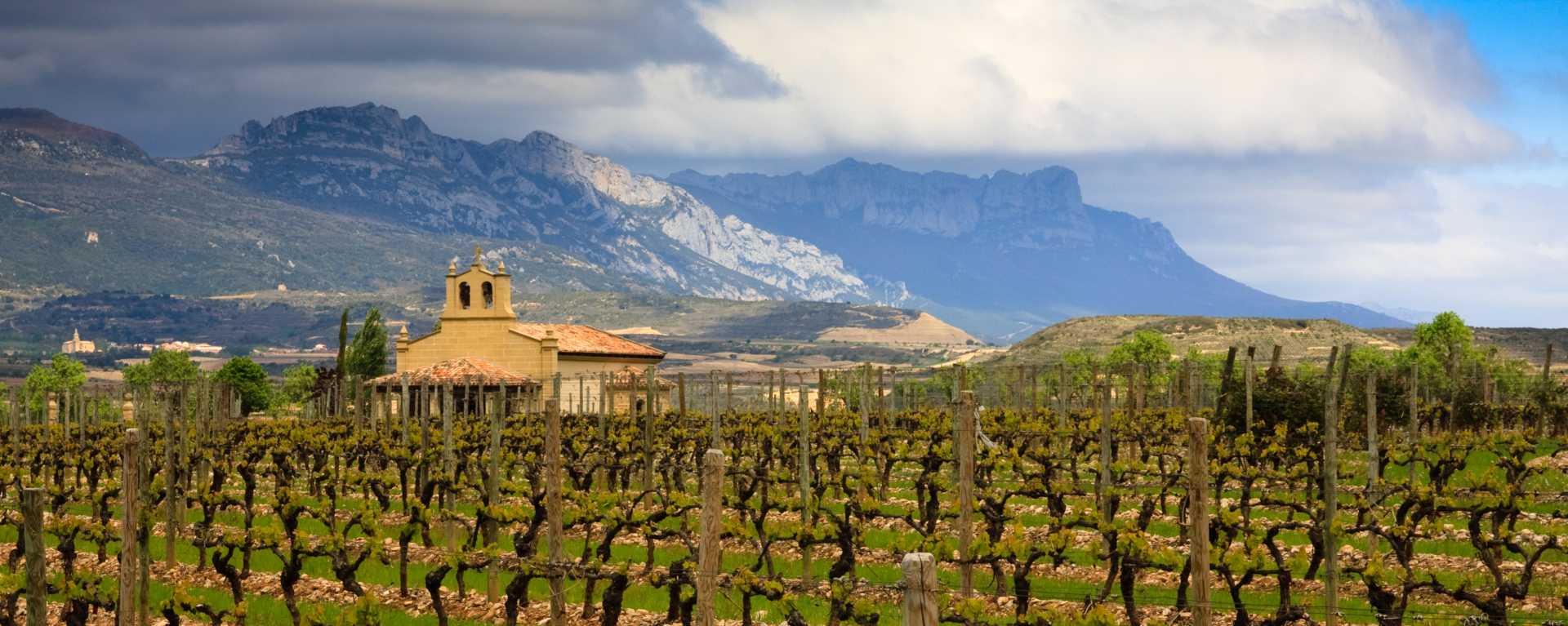Bodegas Mas Alta Artigas Priorat 2016
-
Robert
Parker



Product Details
Your Rating
Somm Note
Winemaker Notes
This wine, whose main grape variety is Grenache, is surprisingly well balanced in terms of potency and freshness. It entices you to discover its fruitness with touches of mineral flavors, all wrapped up in a soft silkiness. It is great way to introduce oneself to a good Priorat wine.
Professional Ratings
-
Robert Parker's Wine Advocate
The red 2016 Artigas, a blend of 60% Garnacha, 30% Cariñena and 10% Cabernet Sauvignon, feels a lot fresher and has better integrated oak than previous years. They used some (one-third) full clusters of Garnacha and Cariñena to ferment it with selected and indigenous yeasts, and it matured for 16 months in French oak barrels. It's very fruit-driven, juicy and fluid, with a mixture of berries, spices and Mediterranean herbs, aromatic, open and attractive. The palate is medium-bodied, with fine tannins and integrated acidity. Drinkable and pleasant.
Other Vintages
2020-
Robert
Parker
-
Jeb
Dunnuck -
Wine &
Spirits -
Robert
Parker
-
Jeb
Dunnuck -
James
Suckling






Choice of vineyard is crucial for the production of highly expressive wines that combine character and elegance. We have planted some 35 hectares of vines since 1999 on land classified as being part of the DOQ Priorat, carefully selecting the plots in so doing. In fact most of our vineyard is planted at altitude, on slate. Depending on the plot's characteristics, we either plant varieties traditional to this region – carignan and grenache – or varieties such as cabernet sauvignon or shiraz. These young vines, whose potential quality is already very promising, represent the future of Bodegas Mas Alta: We also purchase grapes from local winegrowers, often from the village, to make our wines. These winegrowers are the custodians of Priorat's traditional heritage.
In fact the essence of our vintages – old vines – comes from these winegrowers. Vines aged 50 years and more naturally produce fewer grapes, the first step towards quality wine...
Their deep, well-established roots thus enable them to achieve full maturity, consistency, less dependence on climatic conditions. It is without question the ultimate, pure expression of the terroir.

With bold fruit flavors and accents of sweet spice, Grenache, Syrah and Mourvèdre form the base of the classic Rhône Red Blend, while Carignan, Cinsault and Counoise often come in to play. Though they originated from France’s southern Rhône Valley, with some creative interpretation, Rhône blends have also become popular in other countries. Somm Secret—Putting their own local spin on the Rhône Red Blend, those from Priorat often include Merlot and Cabernet Sauvignon. In California, it is not uncommon to see Petite Sirah make an appearance.

Tiny and entirely composed of craggy, jagged and deeply terraced vineyards, Priorat is a Catalan wine-producing region that was virtually abandoned until the early 1990s. This Spanish wine's renaissance came with the arrival of one man, René Barbier, who recognized the region’s forgotten potential. He banded with five friends to create five “Clos” in the village of Gratallops. Their aim was to revive some of Priorat’s ancient Carignan vines, as well as plant new—mainly French—varieties. These winemakers were technically skilled, well-trained and locally inspired; not surprisingly their results were a far cry from the few rustic and overly fermented wines already produced.
This movement escalated Priorat’s popularity for a few reasons. Its new wines were modern and made with well-recognized varieties, namely old Carignan and Grenache blended with Syrah, Cabernet Sauvignon and Merlot. When the demand arrived, scarcity commanded higher prices and as the region discovered its new acclaim, investors came running from near and far. Within ten years, the area under vine practically doubled.
Priorat’s steep slopes of licorella (brown and black slate) and quartzite soils, protection from the cold winds of the Siera de Monstant and a lack of water, leading to incredibly low vine yields, all work together to make the region’s wines unique. While similar blends could and are produced elsewhere, the mineral essence and unprecedented concentration of a Priorat wine is unmistakable.
